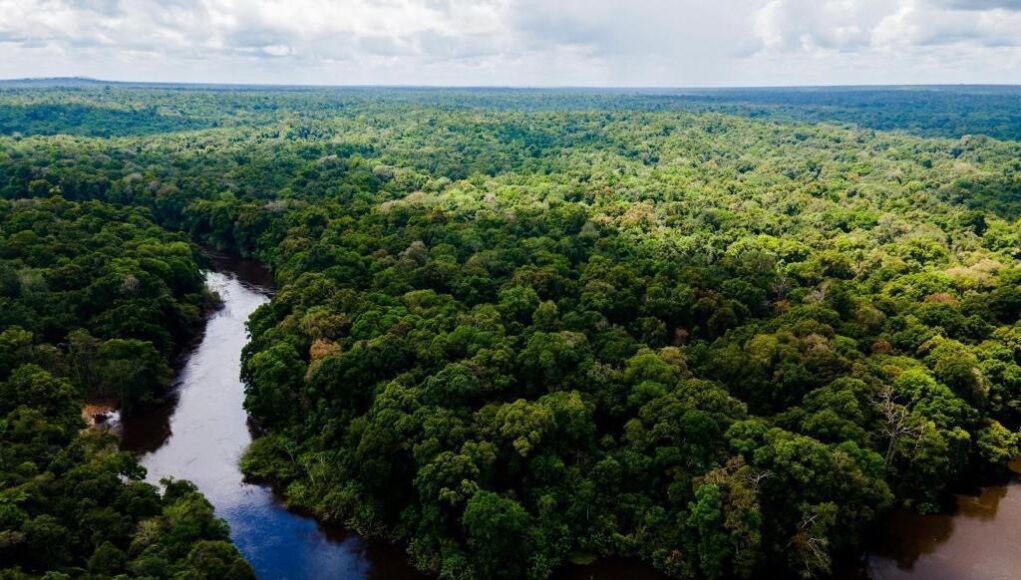President Dr Mohamed Irfaan Ali made this landmark announcement while addressing the first-of-its-kind Global Biodiversity Alliance (GBA) Summit that opened at the Arthur Chung Conference Centre (ACCC) on Wednesday morning, marking a decisive moment for global environmental cooperation and the future of biodiversity leadership.

The Guyanese leader said the government and the Yale Centre for Biodiversity and Global Change will ink a Memorandum of Understanding to mark the beginning of a strategic long-term collaboration that will use science and technology to advance the protection of the world’s biodiversity.
He explained that the National Biodiversity Information System, which will track and visualise biodiversity using maps and data, will guide how science can support smart decision-making, including Guyana’s goal to protect 30 per cent of its land and sea by 2030.
Under this agreement, Guyana will have access to leading experts in global biodiversity, including E.O. Wilson Biodiversity Foundation, Map of Life (MoL), and the broader Group on Earth Observations (GEO) Community.
The first people of Guyana (Amerindians) will play an integral role in this development, with President Ali recognising the important role of the South Rupununi Conservation Society.
“No biodiversity strategy can succeed without the full involvement of those who live closest to nature, our indigenous peoples and local communities,” said the head of state. “In the Rupununi, the discovery of the critically endangered Red Siskin (Spinus cucullatus) led to the formation of the South Rupununi Conservation Society…They have not only helped restore the species, but have built pride, income, and identity through ecotourism, education, and conservation.”
With almost 50 per cent of global biodiversity lost, President Ali stressed that strong, resilient, sustainable partnerships are key to formulating a sustainable agenda for action.
From July 23–25, 2025, world leaders will be in Georgetown for the inaugural Global Biodiversity Alliance Summit at the ACCC.
The three-day session will, among other things, introduce pioneering nature-focused financial instruments such as debt-for-nature swaps, biodiversity bonds, and biodiversity credits to channel investment into conservation. (Department of Public Information)










